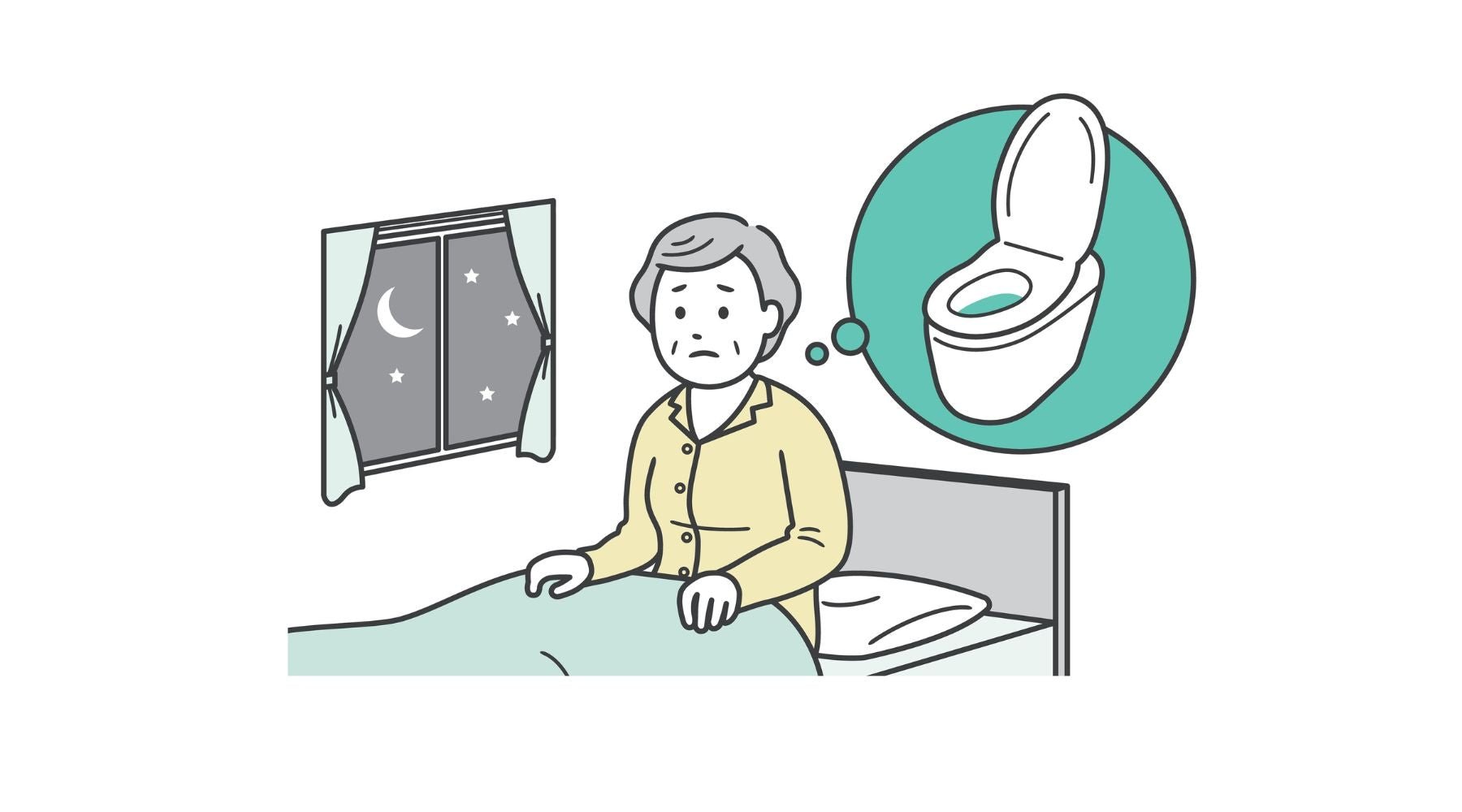
Tips For Preventing Urinary Incontinence
Preventing urinary incontinence involves a combination of lifestyle changes, exercises, and awareness of your body’s signals. Here are some effective tips to help you maintain bladder control and reduce the risk of urinary incontinence:
1. Stay Hydrated, but Wisely
- Drink Water: Aim for adequate hydration, typically about 6-8 cups of water per day. However, monitor your fluid intake if you're prone to urgency.
- Limit Irritants: Reduce consumption of caffeine, alcohol, carbonated beverages, and acidic foods, which can irritate the bladder and increase urgency.
2. Maintain a Healthy Weight
- Excess weight can put pressure on your bladder, leading to incontinence. Aim for a balanced diet and regular exercise to achieve and maintain a healthy weight.
3. Practice Bladder Training
- Timed Voiding: Set a schedule to urinate at regular intervals (e.g., every 2-3 hours), gradually increasing the time between visits to train your bladder.
- Recognize Triggers: Identify and manage any triggers that lead to urgency, such as certain activities or environments.
4. Perform Kegel Exercises
- Strengthening your pelvic floor muscles can help support bladder control. To do Kegels:
- Identify the right muscles by trying to stop urine mid-flow.
- Contract these muscles for 3-5 seconds, then relax. Aim for 10-15 repetitions, three times a day.
5. Avoid Heavy Lifting
- Heavy lifting or straining can weaken pelvic floor muscles. If you need to lift something heavy, engage your core muscles and avoid straining while doing so.
6. Limit Constipation
- Straining during bowel movements can weaken the pelvic floor. Eat a fiber-rich diet, stay hydrated, and get regular exercise to promote digestive health.
7. Quit Smoking
- Smoking can lead to chronic cough, which puts pressure on the bladder and contributes to incontinence. Seeking help to quit smoking can improve both respiratory and bladder health.
8. Manage Chronic Cough
- If you have a persistent cough, seek medical advice to manage it. Treating the underlying cause can help relieve pressure on the bladder.
9. Wear Protective Clothing
- Consider wearing protective undergarments that can offer confidence and comfort, especially during activities that may increase the urge to urinate.
10. Be Mindful of Medications
- Some medications can affect bladder control. Discuss any concerns with your healthcare provider, who can help you understand potential side effects and alternatives.
11. Consume foods and supplements that provide anti-inflammatory and antioxidant benefits to help the bladder
- Non-acidic foods, like fruits and vegetables and natural supplements that contain Quercetin, NAX flower pollen extract and other anti-inflammatory ingredients that promote bladder and urinary health can also help provide relief for stress incontinence issues.
By incorporating these tips into your daily routine, you can actively work towards reducing the risk of urinary incontinence and enhancing your bladder health. Remember, small changes can make a significant difference over time.


